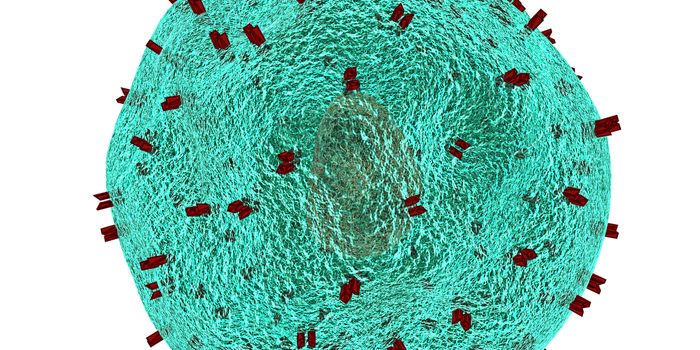Activating p53 May Boost Efficacy of Cancer Immunotherapy
Pharmacological activation of the p53 protein in cancer cells leads to an anti-tumor immune response in lab tests. These findings, say researchers, could increase efficacy rates of immunotherapies to treat cancer. The study was published in Cancer Discovery by researchers at Karolinska Institutet in Sweden.
For some time, scientists have known that p53 is able to prevent genome instability by silencing certain sequences in our genome known as endogenous retroviruses, elements of DNA that are inherited from viruses.
Dubbed the ‘guardian of the genome’, the protein is thought to play a key role in inhibiting tumor growth. This comes as half of all tumors have mutations in the gene that codes for p53. Meanwhile, in many other tumors, p53 is disabled by another protein known as MDM2.
The researchers behind the present study thus sought out to see whether pharmacologically activating p53 could affect the growth of cancer cells. To do so, they blocked MDM2 in mouse models with a substance known as ALRN-6924 from the US pharmaceutical company, Aileron Therapeutics.
In doing so, the researchers noted that they were able to block MDM2 and activate p53. This then activated endogenous retroviruses which went on to trigger an antiviral response that boosted the production of interferons, signaling proteins that cause nearby cells to increase their anti-viral defenses. The same response was also noted in tumor samples from two patients taking part in the company’s clinical trials of ALRN-6924.
"This shows that there are synergies that should be exploited between substances that block MDM2 and modern immunotherapies," says Galina Selivanova, lead author of the research, "A combination of these can be particularly important for patients who don't respond to immunotherapy."
Selivanova is currently researching whether a molecule known as APR-246, known as 'Eprenetapopt', can produce the same boost in interferons, and thus have the same potential to increase the efficacy of immunotherapy for patients with severe forms of cancer.
Sources: Cancer Discovery, EurekAlert
-
APR 30, 2024Immuno-Oncology Virtual Event Series 2024
-
MAY 07, 20243rd International Biosecurity Virtual Symposium
-
SEP 03, 2024Microbiology Week Virtual Event Series 2024
- See More


















































